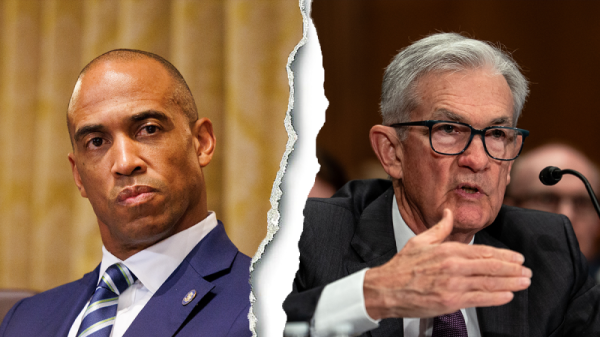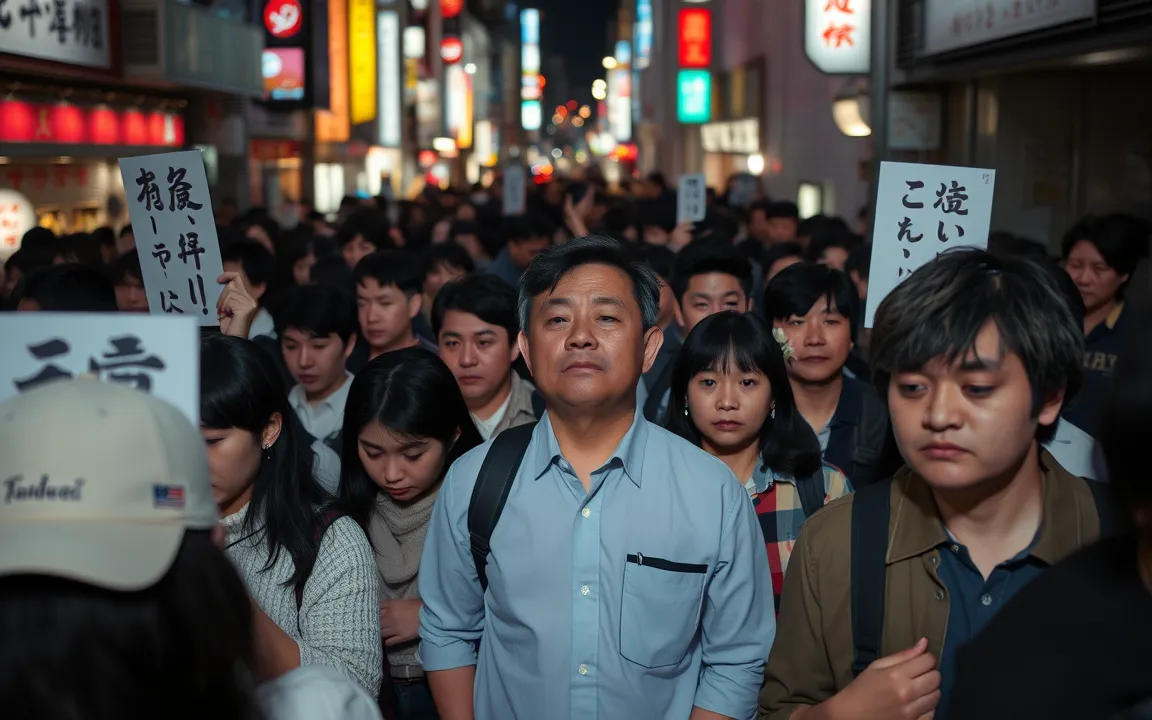Japan’s ruling coalition suffered a significant setback in Sunday’s upper house election, losing its majority amid mounting public frustration over inflation, trade policy, and the rising influence of right-wing populism.
Despite the result, Prime Minister Shigeru Ishiba has said he has no intention of stepping down.
The election outcome adds to the political challenges facing Ishiba, whose Liberal Democratic Party (LDP) and its junior partner Komeito have been grappling with declining support.
The ruling bloc won 47 seats, falling short of the 50 required to retain control of the 248-seat upper chamber.
‘Solemnly accept the harsh result’
Ishiba, speaking after polls closed on Sunday, acknowledged the setback.
“I solemnly accept this harsh result,” he said, adding that his administration would remain focused on trade negotiations, particularly with the United States.
The vote came at a time of heightened voter dissatisfaction with the government’s handling of inflation—especially the rising cost of essential staples like rice—and persistent political scandals that have weakened the LDP’s credibility.
Having already lost its majority in the more powerful lower house last year, the ruling coalition’s upper house defeat further erodes its legislative leverage.
Members of Japan’s upper chamber serve six-year terms, with half the seats contested in each election.
Sanseito’s rise shakes conservative base
One of the most striking developments in the election was the strong showing by the right-wing Sanseito party, which secured 14 seats, up from just one previously.
The party’s hardline nationalist stance and anti-immigration messaging appear to have resonated with disaffected conservative voters.
Sanseito, which gained traction during the pandemic by promoting conspiracy theories online, has positioned itself with a “Japanese First” agenda.
The party has also been vocal about issues like immigration, warning against what it describes as threats posed by foreign nationals. Its new seat tally now gives it the ability to submit bills independently.
Political stability at risk
The outcome leaves Ishiba politically weakened at a critical juncture. While he has insisted he will not resign, the historical precedent is not in his favour.
The last three LDP prime ministers who lost an upper house majority stepped down within two months.
Speculation is already mounting about possible successors.
Potential challengers include Sanae Takaichi, who came second to Ishiba in last year’s LDP leadership race; Takayuki Kobayashi, a former minister for economic security; and Shinjiro Koizumi, son of former Prime Minister Junichiro Koizumi.
Any change in leadership would likely introduce new instability, particularly as Tokyo enters delicate trade negotiations with Washington.
Ishiba’s government has recently launched measures aimed at addressing public discontent, including the formation of a task force focused on crimes and “nuisance behaviours” allegedly committed by foreign nationals.
The initiative comes amid broader debates about immigration, land acquisitions, and social security burdens tied to Japan’s rising foreign resident population.
Market reaction muted
The Tokyo Stock Exchange was closed on Monday due to a public holiday, but the Japanese yen strengthened in international markets, suggesting that investors had largely anticipated the election outcome.
Analysts noted that while markets were unmoved, the broader political implications could weigh on Japan’s longer-term policy continuity.
Support for the ruling coalition has been dented not only by economic issues but also by demographic shifts and rising tensions over immigration.
Japan’s traditionally insular society is facing pressure from record numbers of foreign residents and tourists, driving up demand and prices for goods and services.
As inflation and income stagnation persist, and with nationalist rhetoric gaining ground, Ishiba’s grip on power appears increasingly tenuous, despite his assurances to the contrary.
The post Japan PM Ishiba stays defiant after ruling coalition loses upper house majority appeared first on Invezz





























